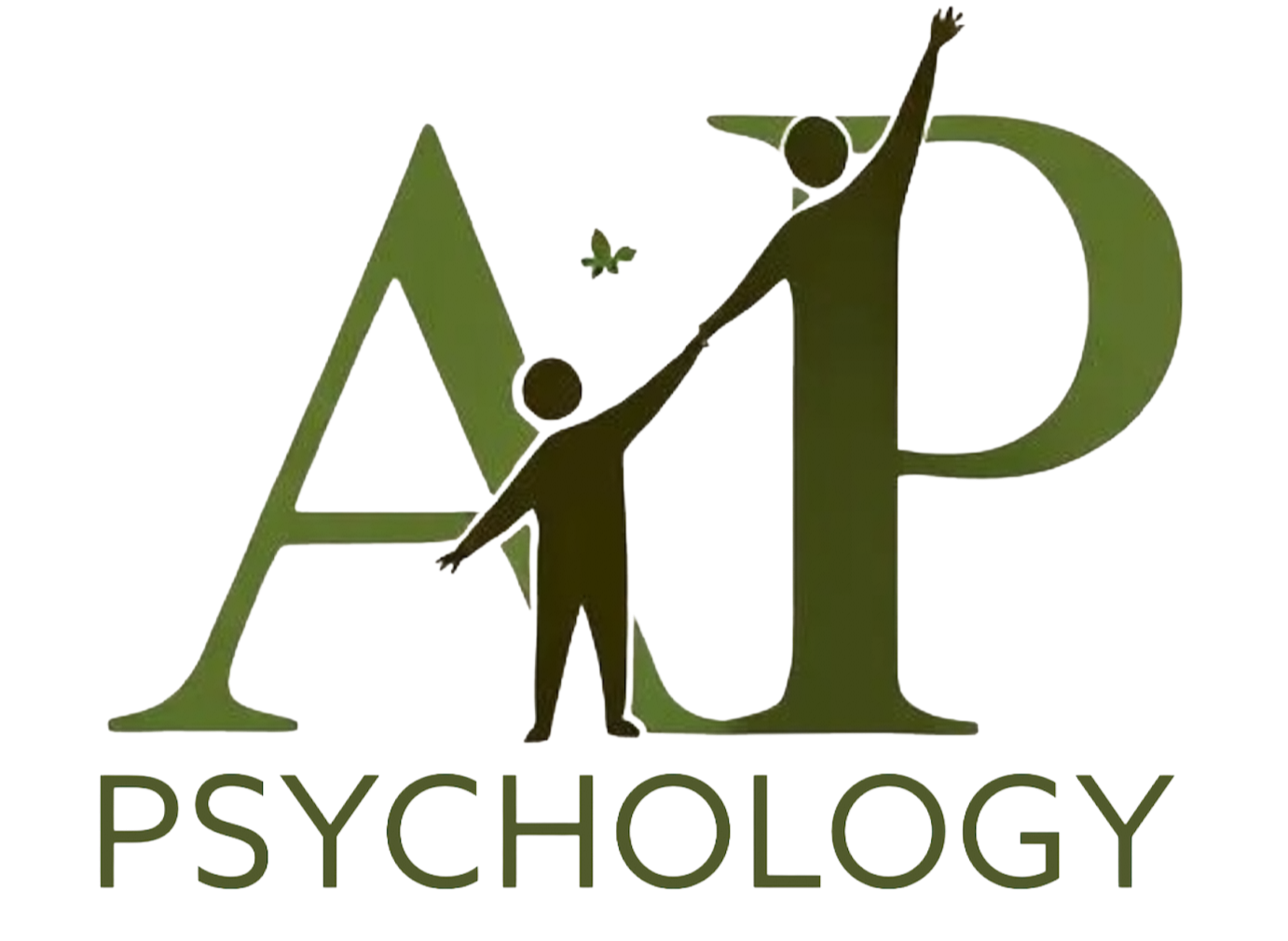
Assessments
That is truer than true! There is no one alive who is you-er than you!
- Dr. Seuss
Why Consider An Assessment?
A psychological assessment can be an important step in understanding learning, behaviour, attention, emotional wellbeing, or developmental needs. People often seek assessment when they notice challenges with concentration, organisation, learning, memory, or coping.
Assessments are not about labelling — they are about clarity, understanding, and support.
Assessments can help answer questions such as:
Why am I/my child struggling in certain tasks or environments?
Are attention or learning challenges within the expected range?
What supports would help at school, university, work, or home?
How can I better understand my strengths and how I learn?
A thoughtful assessment can provide:
Insight into strengths and areas of difficulty
Understanding of learning styles and cognitive processes
Clarity about attention or academic challenges
Practical, evidence-based recommendations
Support pathways, including workplace or university accommodations and NDIS (where appropriate)
What We Offer
ADHD Assessments (child)
Our ADHD assessments explore attention, executive functioning, emotional regulation, and daily life impact. They include:
a clinical interview (parent or)
standardised assessments
cognitive screening
developmental, educational, and functional history
liaison with teachers and other professionals
Important: Psychologists cannot prescribe medication. If medication is being considered, clients will need to consult a paediatrician or psychiatrist. Our report can assist your medical practitioner in diagnostic and treatment decisions.
Approximate fee: $1800 (incl. GST)
Find out more about ADHD in children and teens here.
Cognitive (IQ) Assessments
Cognitive assessments evaluate overall thinking and learning skills, including:
verbal and nonverbal reasoning
memory
processing speed
problem-solving
general cognitive ability
These assessments support educational planning, giftedness considerations, and clarify strengths and challenges affecting learning or performance.
Approximate fee: $1000 (incl. GST)
Comprehensive Psychological Assessments
These are recommended when there are concerns about learning difficulties, academic challenges, or cognitive functioning. These assessments explore thinking skills, academic performance, and the interaction between learning, behaviour, and emotional wellbeing.
This may include assessment for Specific Learning Disorders (SLDs) such as:
Dyslexia: difficulties with reading accuracy, fluency, or comprehension
Dysgraphia: difficulties with writing skills, spelling, or written expression
Dyscalculia: difficulties with number sense, calculation, and mathematical reasoning
A comprehensive assessment helps determine whether learning difficulties are consistent with an SLD or are related to other factors such as attention, working memory, or emotional wellbeing.
Approximate fee: $2200 (incl. GST)
Find out more about SLDs here.
*Please note: fees may vary depending on the referral question, the assessments required, and any previous assessments completed.
What to Expect
-
This is usually 50-60 mins long and can be done in person or online.
For children: a parent or caregiver meeting
For adults: a self-consultationThis session is used to explore your developmental/learning history, strengths, challenges, and assessment goals.
-
These sessions are usually between 90-120 mins long. They may include standardised testing or incorporate a series of activities tailored to age and referral question.
Activity breaks are offered as needed. -
Where appropriate, information may be gathered from teachers, family, or other health professionals (e.g., paediatrician, GP, speech pathologist, OT) to provide a more holistic picture of you or your child.
-
A comprehensive, integrated report is completed, including findings and practical recommendations. This will usually take 4-5 weeks after assessments are completed.
Strengths and challenges
Learning and cognitive profile
Attention, processing, or academic findings (as relevant)
Interpretation of test results
Practical, personalised recommendations for home, work, school, or university
-
This will be collaborative session to discuss results, interpretation, and next steps. This session can be in person or via phone/telehealth.
The comprehensive report will only be released after the full fee is paid.
